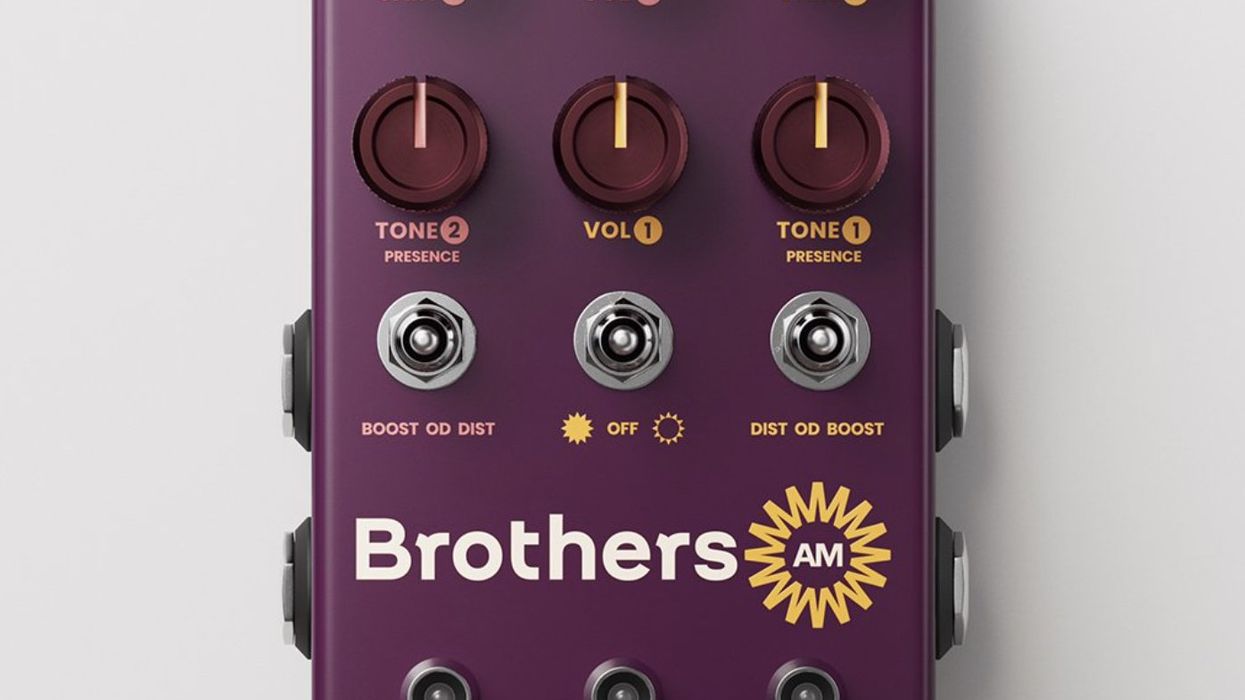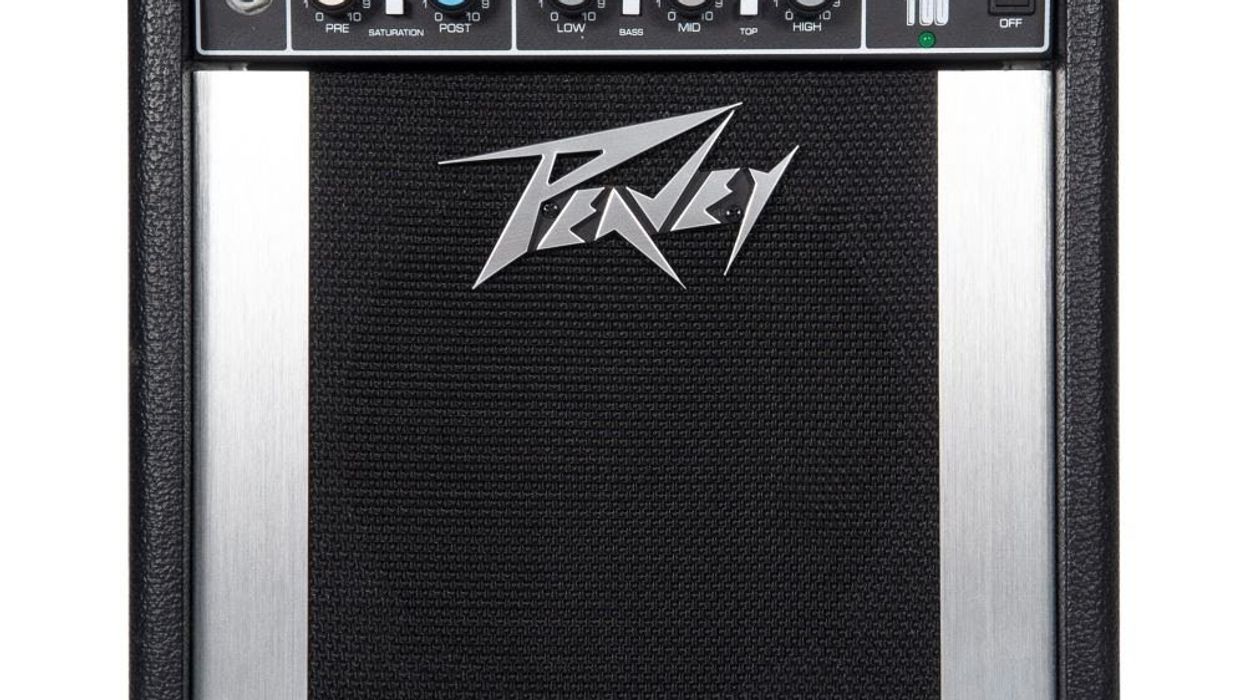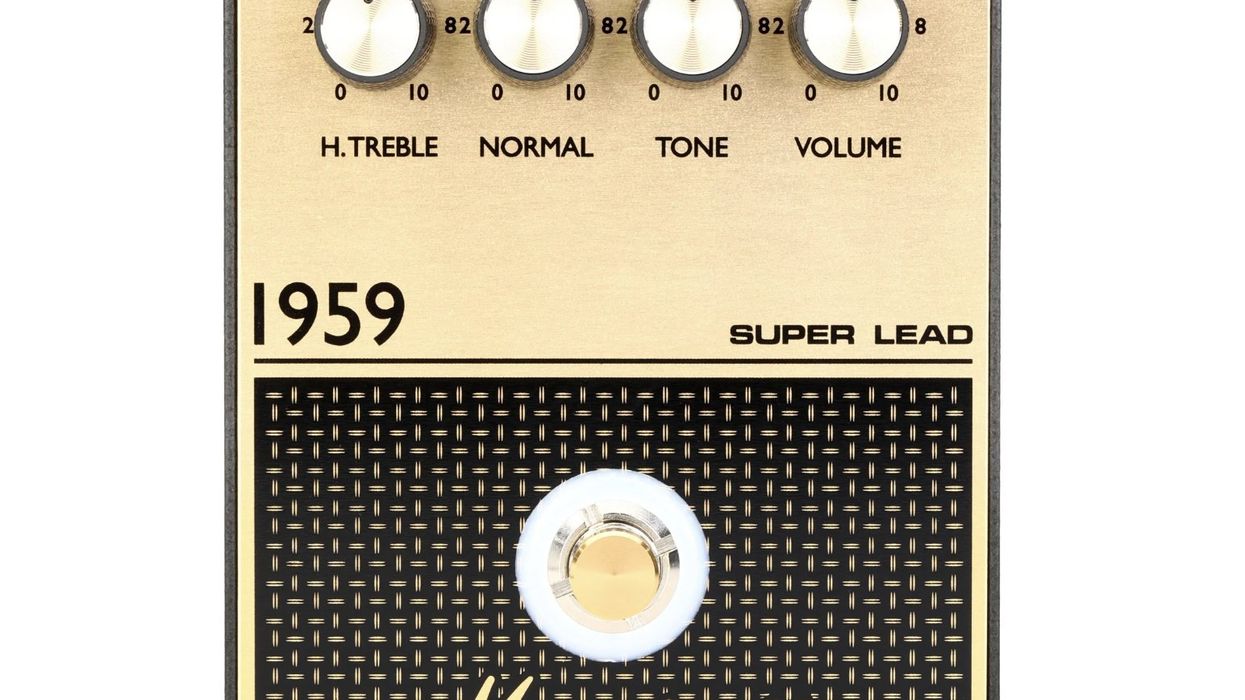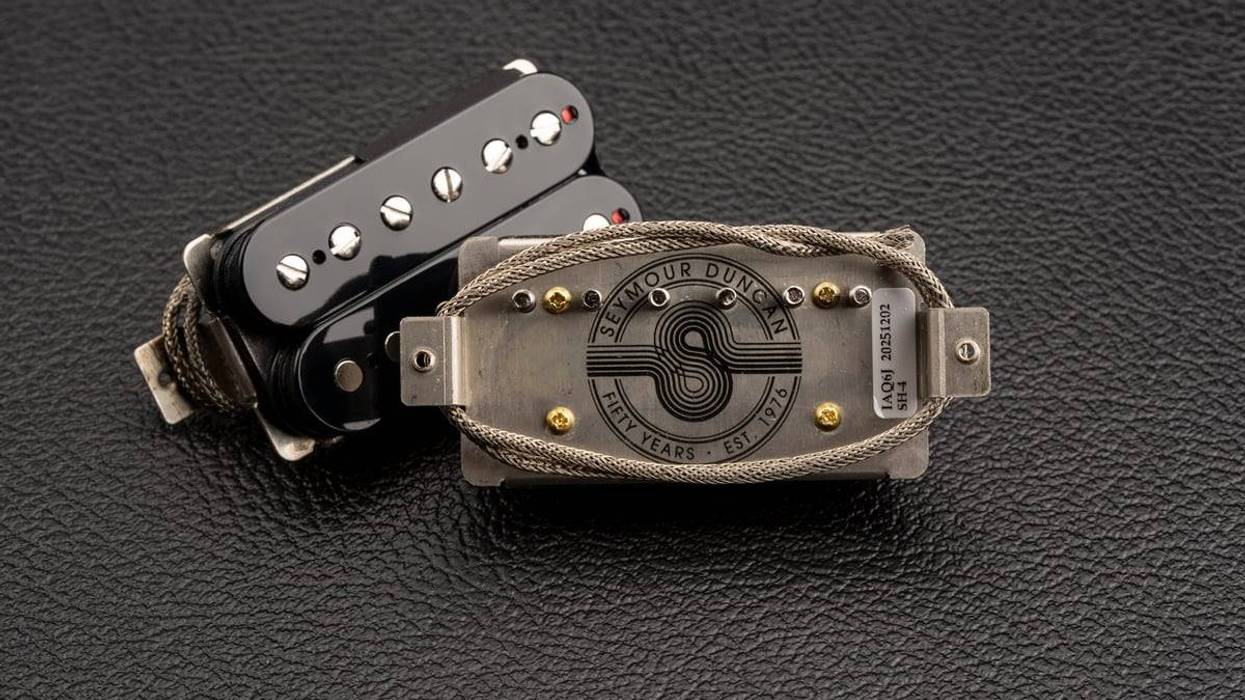When I signed my first songwriting deal with a publisher, I recklessly spent $2,250 (most of my advance) on a Roland VS-880 home recording rig. Today, the VS-880 can be found on eBay for under $100. And yet, in spite of the brutal depreciation, this dinosaur-turd of a recorder remains one of the best investments I’ve made. Until I began recording and looking at my music under a microscope, I had no idea that I was a terrible musician.
Okay, maybe not terrible, but I had problems with fundamentals that would have forever undermined my work. It’s the equivalent of building a house on sand. The chief problem was that I wasn’t good enough to recognize what was wrong: You can’t fix a problem you don’t know you have.
Music is supposed to be fun, and focusing on my deficiencies is not my idea of a good time. Ideally, when we’re jamming alone or with people, we stay in the moment, enjoying the process, not critically evaluating every note. Even if you’re focusing intently on every note, it’s impossible to get an accurate read on the quality of a performance when you’re in it. Maybe your mix is off, maybe you’re in a bad mood or too buzzed, or not paying attention, or can’t hear how your part works with what others are playing. Live, a crap guitar player can fool themselves and others into thinking they play well, but recordings don’t lie.
Until I bought my recorder, I’d played in a lot of bands where we raced to the finish, picking up steam on every chorus. Our goal was to squeeze as many notes as possible into every bar. Our collective timing was, well, timeless. The first time I built a track, it was apparent that the click track was holding me back, or at least trying to. Rushing and dragging with a band felt effortless; locking in with a relentless steady beat felt awkward. Every flam and clam became apparent during the painful playback. Recording made me more aware of the pocket, and that’s 80 percent of it.
The good news is, it’s never easier to record yourself, as we all carry a digital recorder and video camera at all times thanks to the ubiquitous cell phone. I usually prop my phone up onstage and video a few songs during gigs and listen back on the drive home. There have been some depressing surprises. There were nights when I thought I was killing it, yet the playback confirmed that I sounded like tennis shoes in the dryer, groovelessly banging away. Other times, it sounds surprisingly good.
We’re spending more time in our homes than ever, thanks to COVID-19. The next time you’re wondering how to ward off cabin fever, grab your guitar and a timekeeper. (You can download a metronome app for free, or go online to https://metronom.us/en/, or fire up the drum machine.) Play whatever comes to mind for 10 minutes. Once you’re in the groove, try filming yourself playing so you can hear if you’re locked. If you come up with something cool, post it on Instagram and share it with the world.
Ready to take it up a notch? Jump into the world of multitrack recording. There are literally dozens of affordable interfaces that allow you to record on the computer you probably already own. Or you can buy a stand-alone recorder, much more advanced than my old Roland VS-880, for as little as $150.
Multitracking a song by yourself is one of the best things you can do to improve your musicianship. For the most part, guitar players make poor bass players, because we have trouble keeping it simple. When you’re tracking a bass part, you learn that those complex bass riffs you played alone do not groove as hard as a simple part. You’ll also discover that simple guitar parts played well sound better than most intricate riffs. Recording from the ground up gives you carpenter-like skills to build a strong foundation to support vocals … because as much as we love guitar, for most popular music, it’s all about the vocals. Most importantly, recording alone taught me to serve the song.
Gaining that skill set earned me another pub deal, a couple song cuts, a few ill-fated record deals, and all my TV work, which allowed me to upgrade my studio. When I bought my first recorder, I had limited musician skills and no engineering skills, (I still engineer at a 7th-grade level), but through recording myself, I improved enough to make a living in music. You can, too. No matter where you are on your music journey, you should be recording. It just makes you better, and it’s fun, which ultimately is why we play.














![Rig Rundown: Russian Circles’ Mike Sullivan [2025]](https://www.premierguitar.com/media-library/youtube.jpg?id=62303631&width=1245&height=700&quality=70&coordinates=0%2C0%2C0%2C0)



